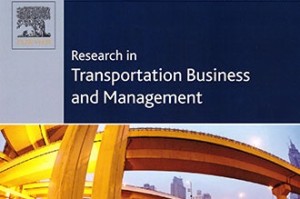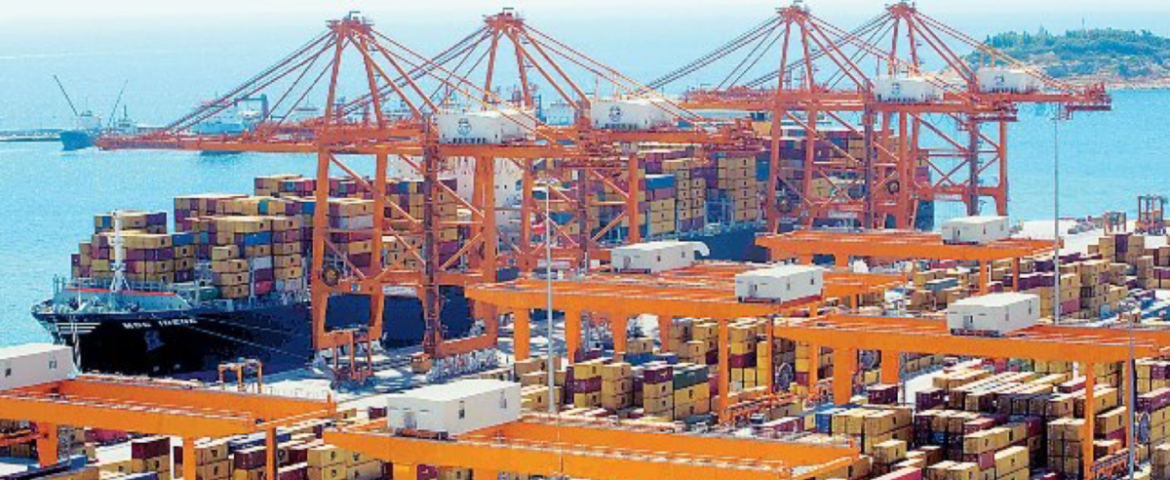
Compared with the port governance models and reforms endorsed in other countries, port governance in Greece has developed in many respects in a very unique way.
Greece has departed from the initial choice to attempt the application of generic port governance models developed at international level opting for governance patterns that contradict the usual European model defined by the dominance of port concessions and publicly owned port authorities performing regulatory functions prototype.
In a study included in a special volume of the scholarly journal Research in Transportation Business and Management (RTBM), revisiting port governance and port reform around the globe, PortEconomics members Thanos Pallis and George Vaggelas, analyse the ‘Greek prototype’ of port governance and policy developments in Greece that developed the last decade.
In the last year of the 20th century, Greece embarked on a major program of port governance reform. While developments were initially limited to devolution of control to corporatised port authorities, the most recent years (2008-2016) have been eventful. The arrival of a global container terminal operator (2008), the selling of the country’s major port authority (Piraeus) in 2016, and the setting of national level monitoring institutions reshaped the Greek port system.
Thanos and George revisit the first wave of reforms and examines the port governance configurations and the reform process as it unfolded over the last decade. This discussion includes an examination of the background conditions (port sector developments, economic and political context,) aiming to understand the foundations of the endorsed decisions and of the apparent delays to progress announced reform programs.
Their study also discusses the evolution of the container ports market in Greece, recording the increased market concentration that followed the concession of the Port of Piraeus terminal, as well as the different trends (as regards throughput, investments, and commercial relations) that were observed in the case of the privately operated container port.
Compared with the models endorsed in other countries, the analysis demonstrates the presence of a unique – in many respects – Greek prototype. The national level institutional setting, defined as the rules, norms, and economic and social context within which reforms were endorsed, have had a causal effects on the choices made and the structures of port governance endorsed.
Which are the Managerial implications of the study? In the concluding section, the scholars summarise the managerial implications of the study:












